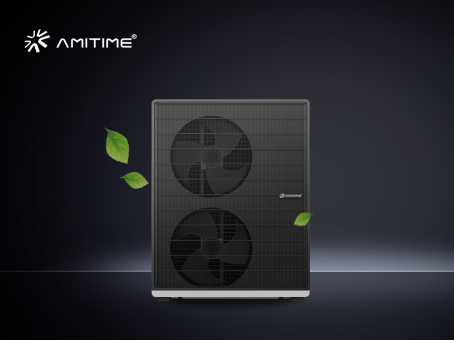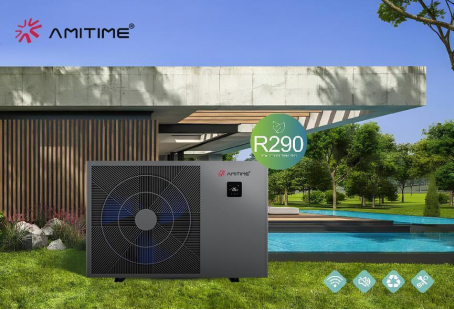Recently, the International Energy Agency (IEA) released a proposal on its official website asking the EU to reduce Russian gas imports by about one-third by October, and gave ten recommendations such as accelerating the deployment of air to water inverter heat pumps, aiming to enhance the resilience of the EU's natural gas network and minimize the potential difficulties that vulnerable consumers may encounter. difficulties.
In its recommendations, the International Energy Agency (IEA) specifically emphasizes that air to water inverter heat pumps are an energy-efficient heating alternative to gas boilers for end-of-home heating.

If the expected installation of air to water inverter heat pump doubled, the European Union in the first year will be able to reduce the utility of 2 billion cubic meters of natural gas. According to relevant data, the EU currently uses about 40% of the natural gas relies on Russia, in some member states, the proportion is even as high as 90% to 100%.
European energy chiefs also said on the same day that the EU is ready to cope with a partial or total disruption of natural gas supplies from Russia, including advancing the use of heat pump technology in building heating and industry.
Many EU countries are formulating and implementing a series of measures that seek to make breakthroughs in enhancing power grids, improving energy efficiency and increasing electrification in order to advance the energy transition.

Germany's Deputy Chancellor and Minister of Economy and Climate Protection Robert Habeck previously said that Germany plans to raise the carbon tax on carbon dioxide from the current 25 euros / ton to 55 euros / ton in 2025, air to water inverter heat pump users' electricity prices can be reduced through the abolition of the renewable electricity feed-in tariff refinancing of the kilowatt-hour tax as a means of reducing the use of natural gas Fossil fuels, such as natural gas, encourage heat pump technology for heating. By 2030, Germany is expected to have between 3 and 8 million air to water inverter heat pumps operating in buildings.
Finland invests about 6 million euros per year in air to water inverter heat pumps, heat pump heating occupies 15% of the Finnish heating market (80 TWh per year), and almost most air to water inverter heat pumps in Finland are imported from China.

In recent years, the top ten brands of heat pump Amitime in the European market sales growth rate is obvious, and the European layout of the energy transition in advance, with a view to reducing energy dependence on Russia has a lot to do. In the next few years, air to water inverter heat pump will usher in explosive growth.